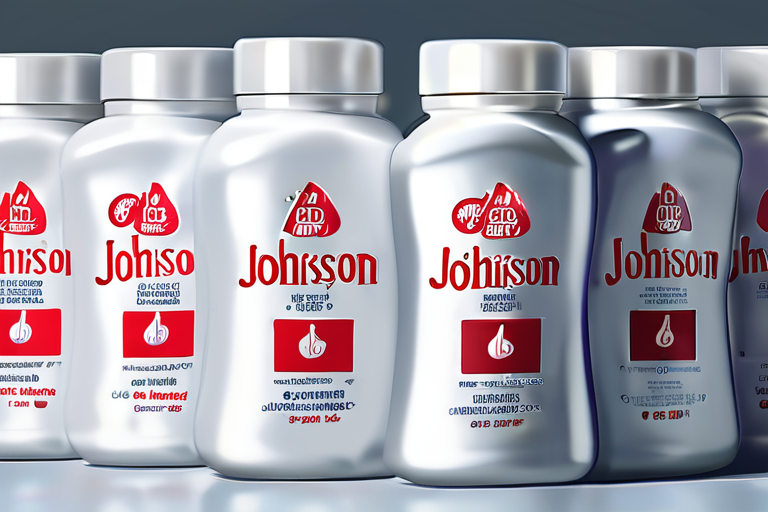Johnson & Johnson Ordered to Pay $966 Million for Racial Health Disparities in Talc Cancer Case


Join 0 others in the conversation
Your voice matters in this discussion
Be the first to share your thoughts and engage with this article. Your perspective matters!
Discover articles from our community

 Hoppi
Hoppi

 Hoppi
Hoppi

 Hoppi
Hoppi

 Hoppi
Hoppi

 Hoppi
Hoppi

 Hoppi
Hoppi

Labor Day Deals Offer Up to $700 in Savings on Top-Rated Bluetti Power Stations Consumers looking to upgrade their power …

Hoppi

Better Tomorrow Ventures Closes $140M Fund, Remains Bullish on Fintech Better Tomorrow Ventures (BTV), a venture capital firm focused on …

Hoppi

BREAKING NEWS Two men killed in Manchester synagogue attack: Melvin Cravitz, 66, and Adrian Daulby, 53, died after a perpetrator …

Hoppi

Politicians in at least 51 countries used anti-LGBTQ+ rhetoric during elections last year, according to a new study by Outright …

Hoppi

Supreme Court Ruling Raises Concerns of Dual State Theory On its first day in office, President Donald Trump issued an …

Hoppi

Trump's Threats to Send National Guard to Chicago Spark Power Grab Allegations President Donald Trump has repeatedly threatened to send …

Hoppi